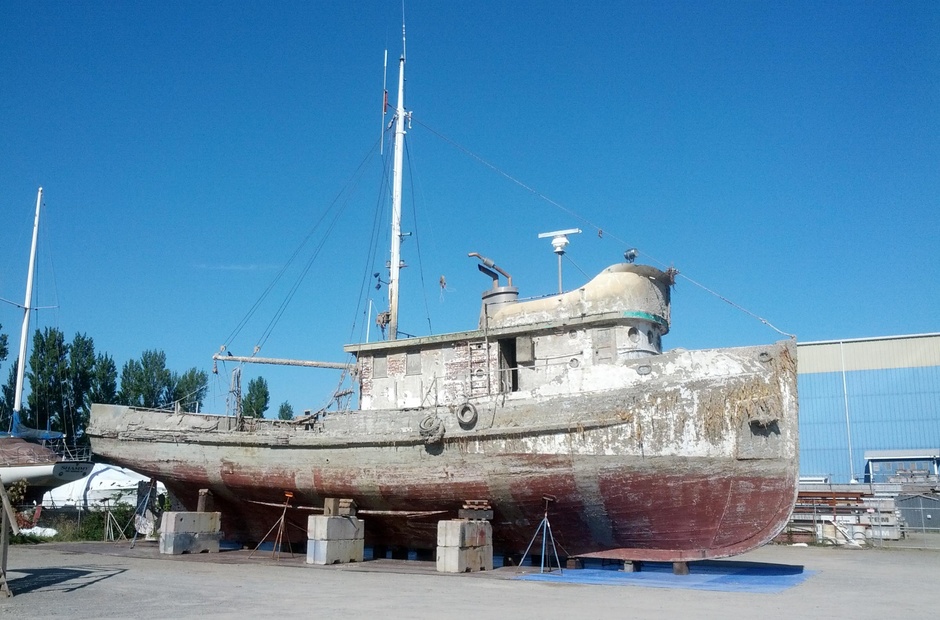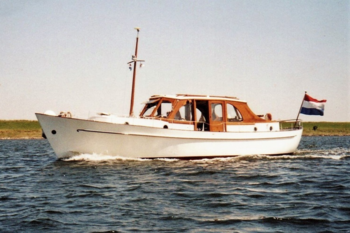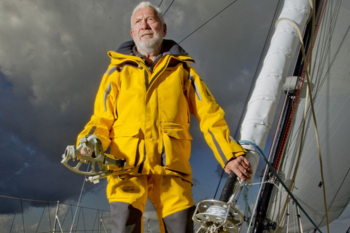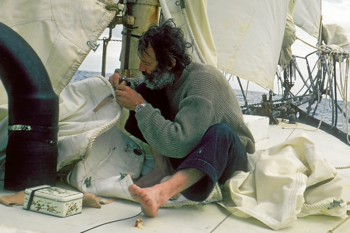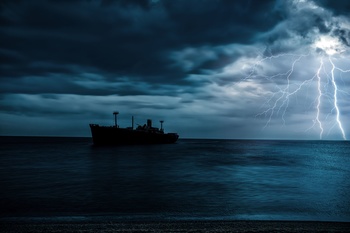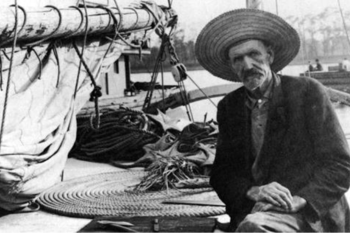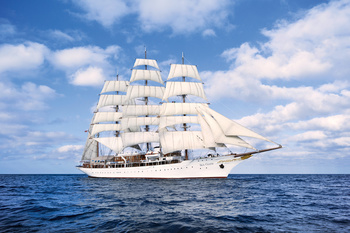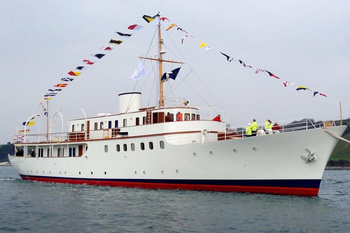75 years after the journey of writer John Steinbeck, immortalized in the novel by «Sea Cortes», his rented Western Flyer boat will be put back on the water and converted into a research vessel. A beautiful resurrection story in our translation of Kirk Johnson from The New York Times.
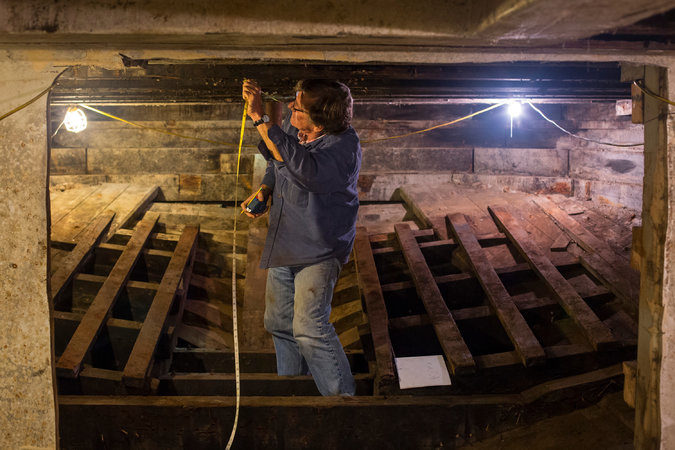
Rule number 1 in the world of working wooden boats invariably since the reign of canoes and small fishing boats: if they are no longer used or lost somewhere at sea, it is time to build a new boat and move on. Sentimental recovery rarely takes place. But this story is not about Western Flyer. It would have been an ordinary old wooden sardine boat if the writer John Steinbeck had not immortalised it in one of his books.
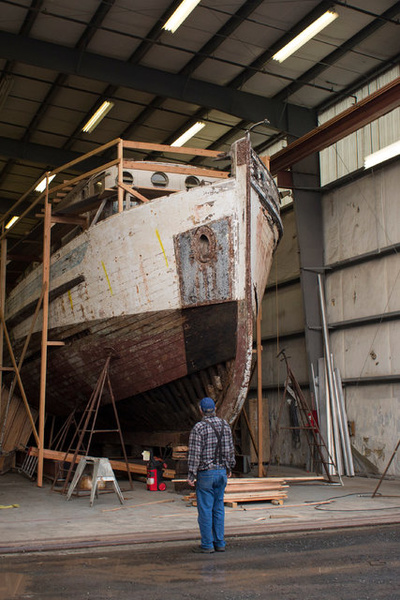
Seventy-five years after Steinbeck rented the Western Flyer and sailed with a friend of a scientist from California to Mexico, the heavily damaged and abandoned ship was rebuilt to put it back on the water.
The boat, built in 1937, sank at least three times in its hard life. The rottenness swept her hull from nose to stern. It was stored in a dry dock, where its current owner found it. It'll take another $2 million to get it back up and running.
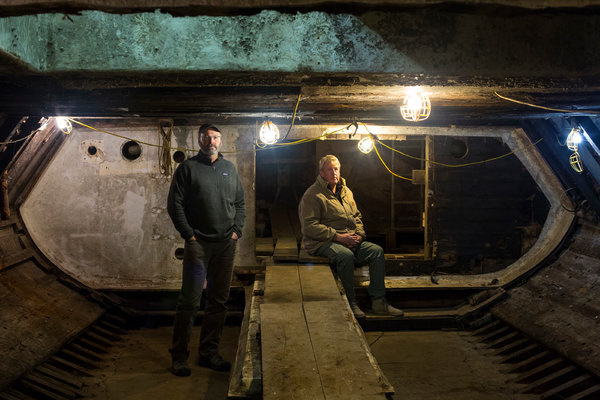
John Steinbeck«'s book, The Sea of Cortes», in which he describes his journey in the Gulf of California to collect biological samples, defined John Greg's life. When he was 11, a mobile library with a copy of this book stopped near his home. «The sea of Cortés», with its atmosphere filled with the screams of seagulls on the quay and the smell of pine resin, defined his love of science and the sea.
«I knew I was willing to pay too much for it, and he knew it," Greg describes»his negotiations with the previous owner of Western Flyer, businessman Jerry Keho. The boat may have cost nothing at «all, he»adds.
The question for the current owner is how much of the old Western Flyer can be saved during restoration. Chris Chase, project manager of «Steinberg's boat restoration project at» the Port Townsend shipyard the Seattle suburb, has no exact answer to this question. It all depends on the desired result: what is more important, to get the boat in good working order or to preserve its emotional and literary value?
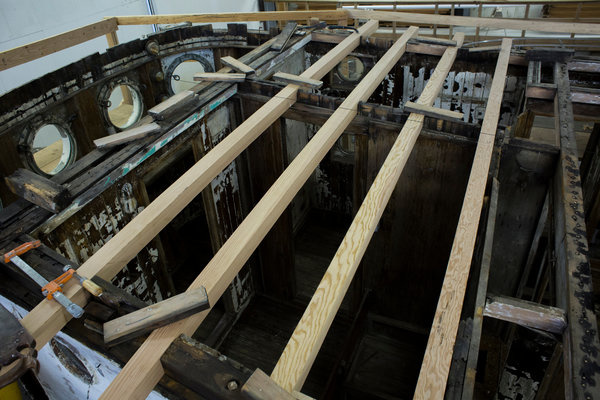
John Greg answers that he wants the boat to be seaworthy and can be used on scientific expeditions, but has not lost his soul - the «experience»of life on board that John Steinbeck and his comrades: a four-man team led by marine biologist Ed Ricketts. In 1940, the six spent six weeks collecting marine species samples, huddling in the Western Flyer cabin and on deck.
Take the sheet pile wall in the galley as an example: four inches or so soiled by water seeping through the roof, but the rest of the board is in good condition. The restorer, Chris Chase, decided to leave the whole wall. He reasoned that the rotten area does not carry any structural load and will be sealed in the restored interior of the salon molding.
Western Flyer has seen a lot of things in its day. For years it was used to catch crabs, sardines and trawl perch. In 1971, the boat ran aground in Alaska and she needed a new keel; Chase only found out after removing the hull panelling.
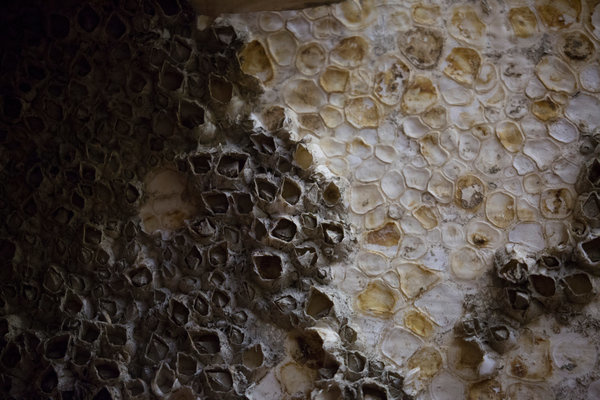
When it became known that Western Flyer would recover, people from its past responded. For example, Jim Herbert from Alaska reported that he had retained a part of the boat's steering gear after a major overhaul a few years ago. He kept it, knowing the history of Western Flyer. Although the part is functionally outdated, it will be reinstalled due to its historical value.
Originally, Western Flyer was balanced to carry 90,000 pounds of fish. Its 1937 engine is huge and heavy. Mr. Gregg wants the modernized Western Flyer to have a remote-controlled submarine on board and the fish storage room to be converted to a science lab. He wants to install on the boat an electric engine with a battery system and backup diesel generators that weigh half as much as an old petrol engine.
This means that by the planned launch date of 2018, designers will have to add tons of extra weight and distribute it correctly inside the boat to ensure that it runs as smoothly as before.
One thing that will remain the same is a small latrine on deck, in working order, but extremely out of date. A modern toilet and bathroom will be fitted out on the lower deck. «The ageing and weathering of the wood is so perfect here," says Chase, opening the door to the tiny room. - They show how much the boat has experienced, and from what condition we returned it.


